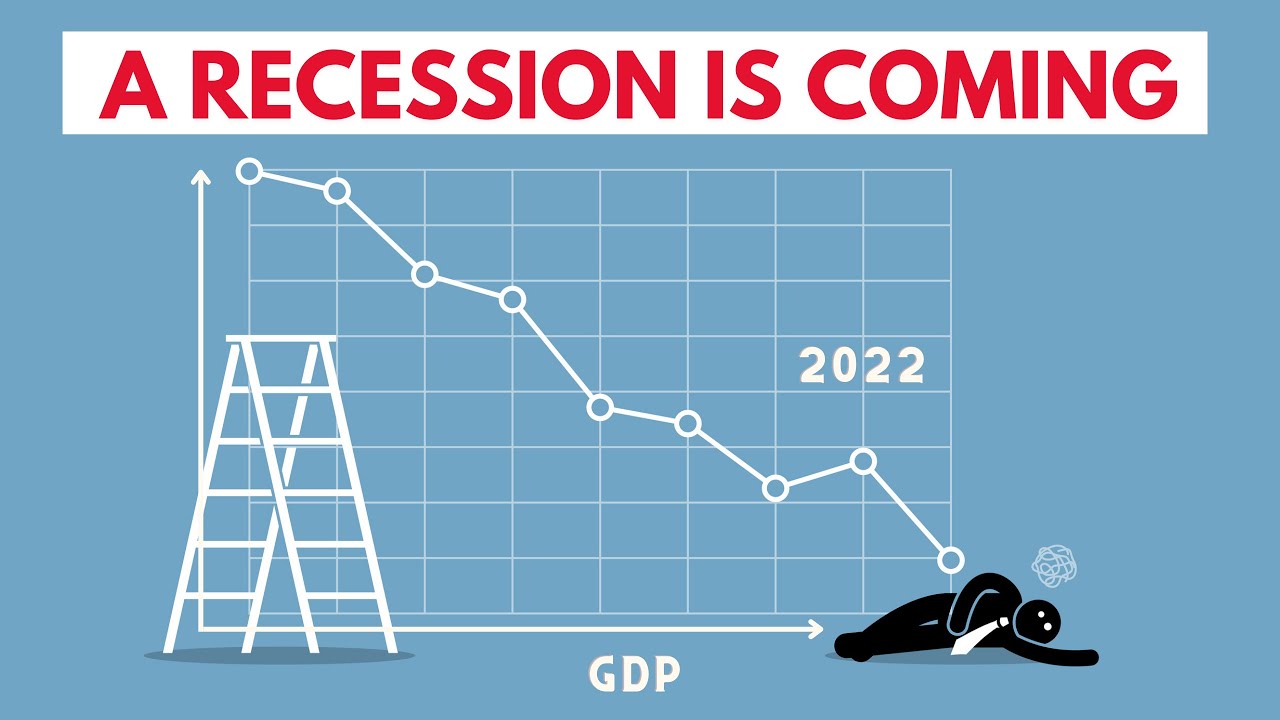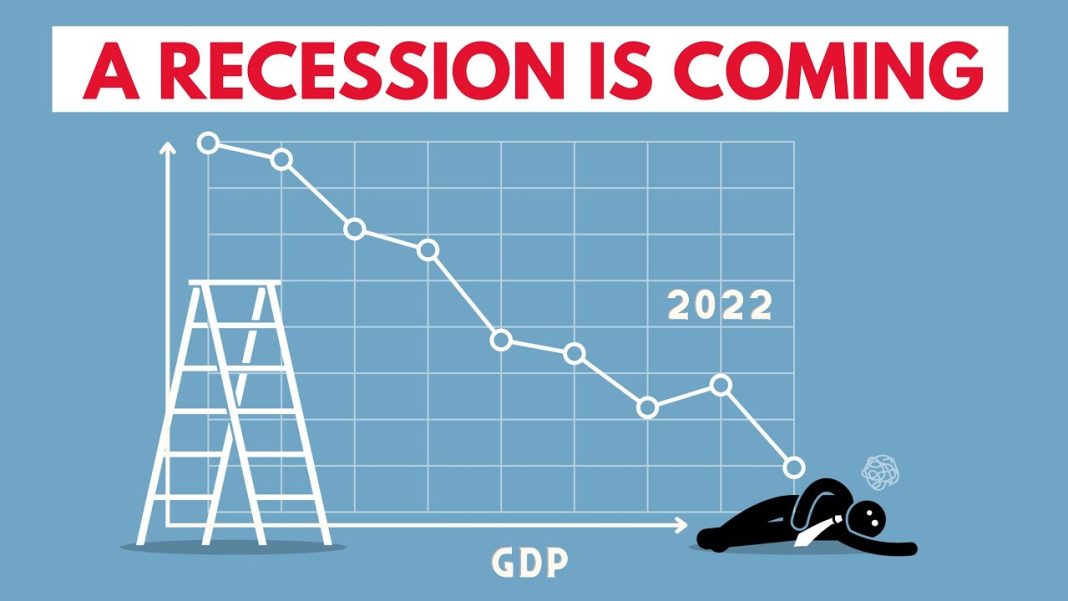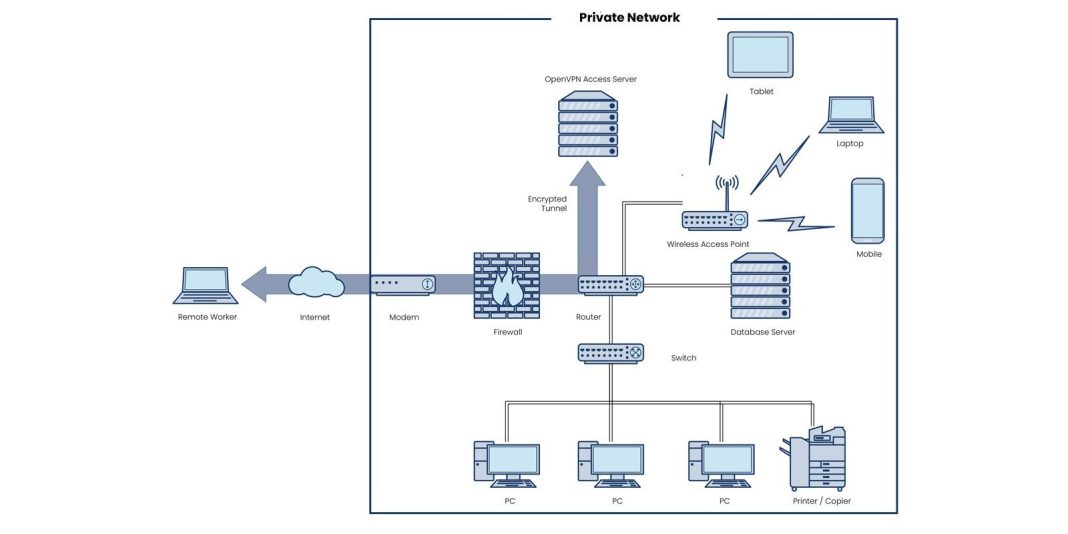 Title: The Economic Black Swan That Could Impact the November Election
Title: The Economic Black Swan That Could Impact the November Election
Introduction:
The possibility of an economic recession leading up to the November election has been a topic of concern among market analysts and economists. While some experts believe that a recession could be a game-changer for the race between Donald Trump and Kamala Harris, others have doubts about its likelihood. This article examines the factors that could contribute to a recession, the impact it could have on the election, and the actions taken by the Biden-Harris administration that may have exacerbated economic instability.
The Unexpected Black Swan:
Economists and analysts consider a recession to be a Black Swan event because it is not anticipated based on current economic data. If it were to occur, it would introduce a new level of confusion to an already volatile race for the White House. The economy plays a crucial role in voters’ decision-making, and a recession could potentially shift the favor towards Trump, given that Harris and Biden’s policies are believed to have contributed to the economic uncertainty.
Questioning the Rally:
Many serious economic experts have expressed concerns about the stock market’s rally and the bond market’s relative calm. Despite impressive economic numbers such as historically low unemployment, these experts argue that the Biden-Harris administration’s efforts to prop up the economy through excessive spending and inflationary measures are unsustainable. They highlight the fact that inflation may be falling, but the prices of necessities remain higher than during Trump’s first term, disproportionately affecting working-class voters.
The Impact of Regulations and Debt:
The Biden-Harris administration’s implementation of new regulations and unnecessary spending has put a strain on the private economy. The growing national debt, currently at $35 trillion, poses a significant risk. To obscure this truth, the Treasury Department has resorted to short-term borrowing rather than issuing long-term bonds, which could lead to further money printing, currency devaluation, and even default. These tactics may temporarily mask the economic challenges but could have severe consequences in the long run.
The Risk of Recession:
While the liquidity in the system is hoped to last until the election, signs of economic cracks are emerging. Consumer spending is showing signs of decline, and the inverted yield curve, indicating lower economic growth, is further cause for concern. As the Democratic nominee, Harris is heavily relying on scripted events and avoiding real interviews. However, if the economy heads into a recession, it will be a Black Swan event that she cannot ignore, as voters prioritize economic stability.
Unstacking the Decks:
The 2020 election highlighted the power of social media platforms and their influence on public opinion. However, in 2022, Elon Musk’s acquisition of Twitter and his commitment to free speech has leveled the playing field. This shift in social media dynamics could give Trump and his supporters a fighting chance to influence public opinion, potentially impacting the outcome of the election.
Conclusion:
The possibility of an economic recession leading up to the November election could have significant implications for the race between Donald Trump and Kamala Harris. While some experts believe a recession could favor Trump due to the economic policies of the Biden-Harris administration, others have doubts about its likelihood. The current economic data and the actions taken by the administration raise concerns about the sustainability of the economy. It remains to be seen how these factors will play out and ultimately impact the election.


